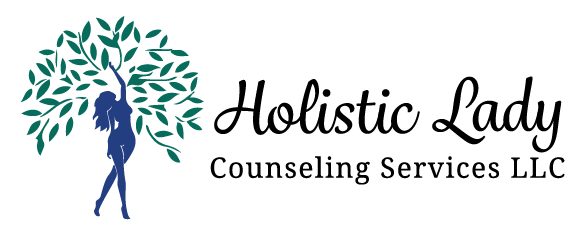Our Resources

Emergency Contacts
National Suicide Hotline
1 800 - SUICIDE (1 800 784-2433)
National Domestic Violence Hotline
1 800 799-7233
Substance Abuse and Mental Health Services Administration (SAMSHA)
1 800 662-4357

Frequently Asked Questions (FAQs)
Everyone experiences some type of life hardship at some point. This is very common and sometimes inevitable. However, if you feel like you are unable to cope with life stressors on your own and it is affecting your ability to function and/or accomplish normal day to day tasks you may need to seek the help of a trained professional.
It is the upholding of the ethical code of not disclosing information that a client shares in confidence during a counseling session. In some cases, such as suspected abuse of a child or elderly person and/or possible harm to self or others, confidentiality may be broken by the psychotherapist. This breaking of confidentiality is to report the event to the proper authorities to ensure the safety of the potential victim or client.
It is an assessment that gathers information of the client such as (biological, psychological, medical history, substance abuse history, social-cultural and environmental factors) which can help therapist develop an individualized plan for treatment based on each clients particular needs.
When an individual suffers from both a Substance Abuse Disorder and Mental Health Disorder. Often times, mental illness is hidden behind the Substance Abuse & Addiction, then later discovered during the counseling sessions.
.
We accept in-network insurance. If you are unsure if your insurance covers behavioral health services, please contact your insurance provider to find out.
We generally work with adults 18 – 60.

